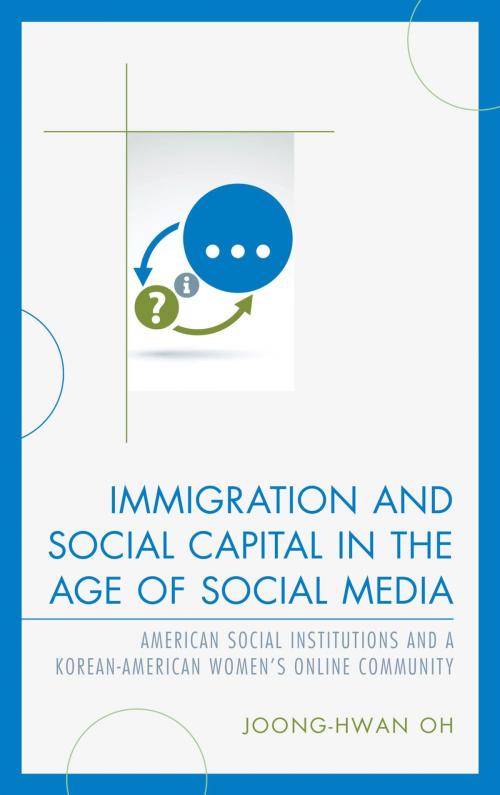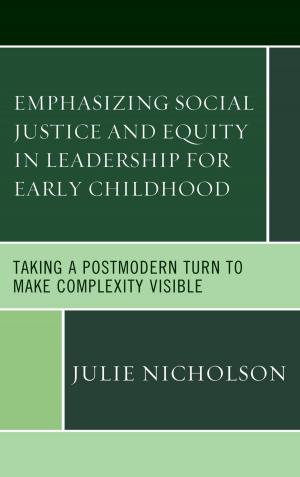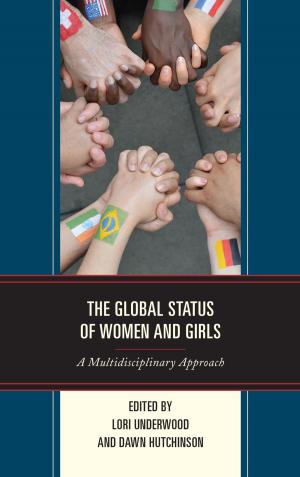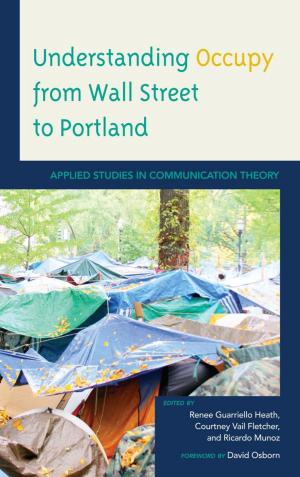Immigration and Social Capital in the Age of Social Media
American Social Institutions and a Korean-American Women’s Online Community
Nonfiction, Reference & Language, Language Arts, Communication, Social & Cultural Studies, Social Science, Cultural Studies, Ethnic Studies, Sociology| Author: | Joong-Hwan Oh | ISBN: | 9781498519274 |
| Publisher: | Lexington Books | Publication: | February 18, 2016 |
| Imprint: | Lexington Books | Language: | English |
| Author: | Joong-Hwan Oh |
| ISBN: | 9781498519274 |
| Publisher: | Lexington Books |
| Publication: | February 18, 2016 |
| Imprint: | Lexington Books |
| Language: | English |
In this new age of social media, the role of online ethnic networks is as important as offline ethnic networks—families, friends, etc.—in helping immigrants adjust to their new country. This is something that has received very little attention in the academic field of international immigration which Oh hopes to rectify through this book. He focuses on the five American social institutions (immigration, welfare, education, housing, and finance) to explore this topic through the lens of married Korean-American women. In their online "MissyUSA" community, the largest Korean-American women's online community in North America, they share a wide range of information about the rules of each of these social institutions as they work together to navigate American society. Oh explores how the “MissyUSA” community creates two distinctive forms of social capital: social resources and social support. For some of its members (inquirers or information seekers), the “MissyUSA” community functions as an important source of their information (social resources) about the rules of the American social institutions. Likewise, it also functions as a network of social supporters (respondents or information providers) for those information seekers. Here, what makes this book a significant one is the fact that these social supporters are distinctively identified as instrumental guiders (information describers, expositors, confirmers, and advisors) and emotional supporters (companions, encouragers, and critics). By researching the lives of Korean-American women who are members of the "MissyUSA" community, Oh's book works to understand how a sub-set of the Korean-American community shares information about American institutions and uses the internet to do so.
In this new age of social media, the role of online ethnic networks is as important as offline ethnic networks—families, friends, etc.—in helping immigrants adjust to their new country. This is something that has received very little attention in the academic field of international immigration which Oh hopes to rectify through this book. He focuses on the five American social institutions (immigration, welfare, education, housing, and finance) to explore this topic through the lens of married Korean-American women. In their online "MissyUSA" community, the largest Korean-American women's online community in North America, they share a wide range of information about the rules of each of these social institutions as they work together to navigate American society. Oh explores how the “MissyUSA” community creates two distinctive forms of social capital: social resources and social support. For some of its members (inquirers or information seekers), the “MissyUSA” community functions as an important source of their information (social resources) about the rules of the American social institutions. Likewise, it also functions as a network of social supporters (respondents or information providers) for those information seekers. Here, what makes this book a significant one is the fact that these social supporters are distinctively identified as instrumental guiders (information describers, expositors, confirmers, and advisors) and emotional supporters (companions, encouragers, and critics). By researching the lives of Korean-American women who are members of the "MissyUSA" community, Oh's book works to understand how a sub-set of the Korean-American community shares information about American institutions and uses the internet to do so.















